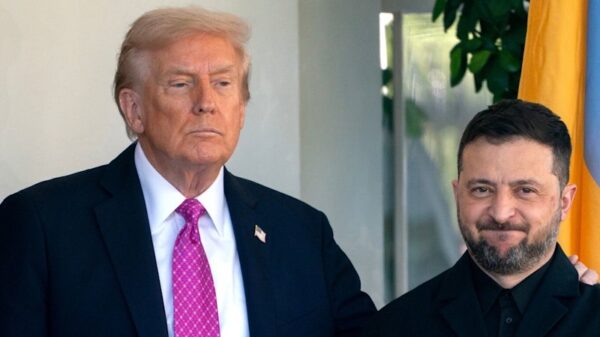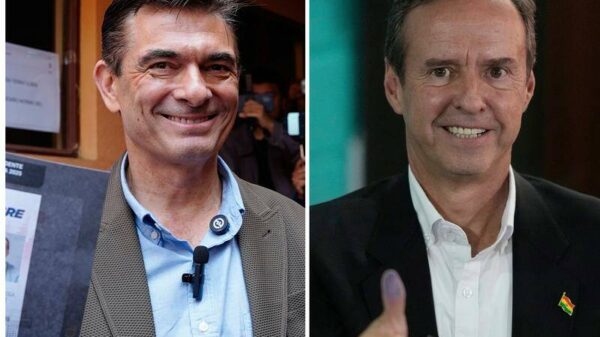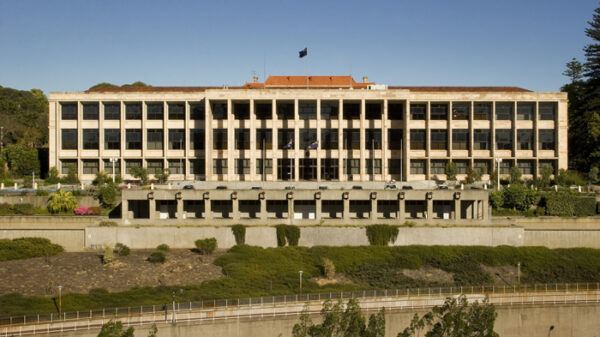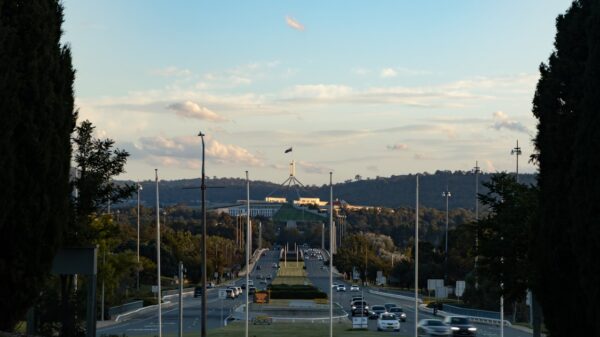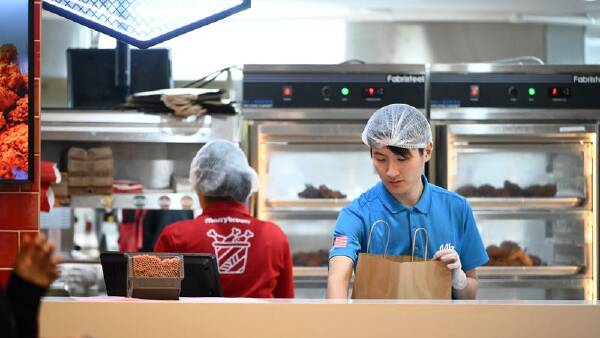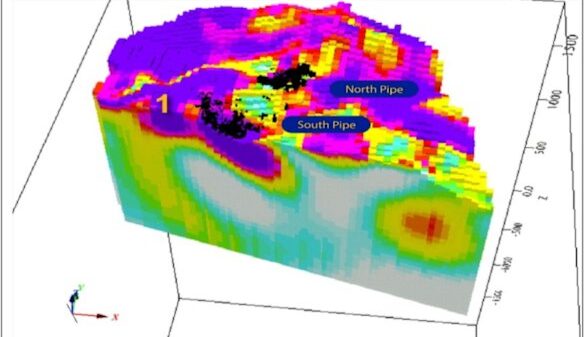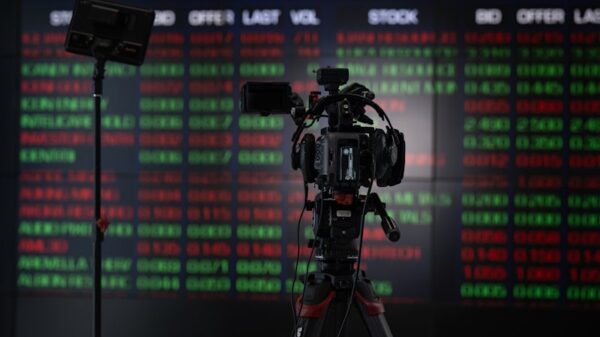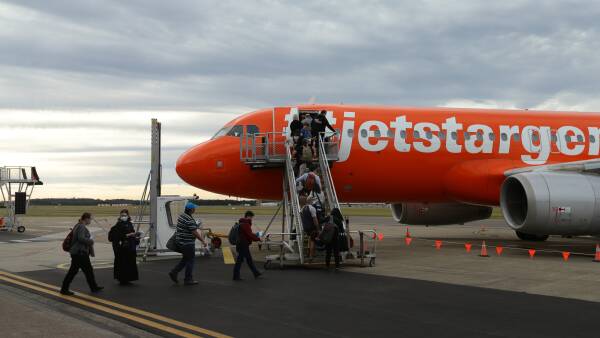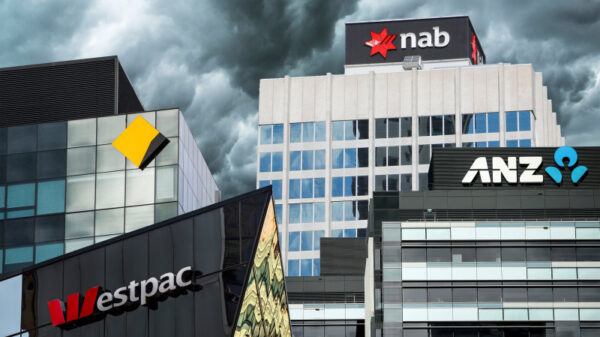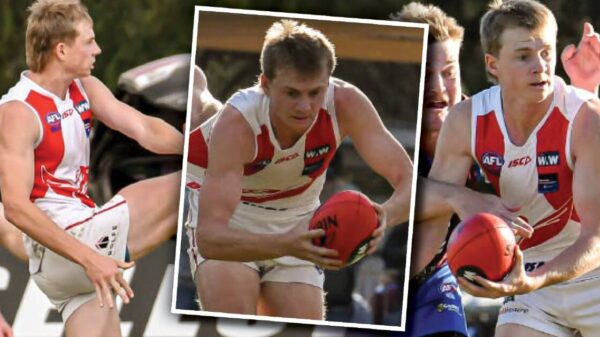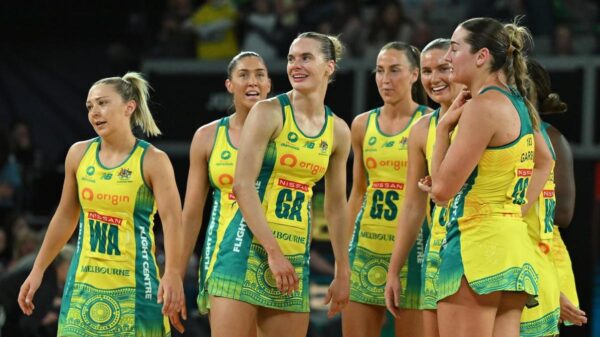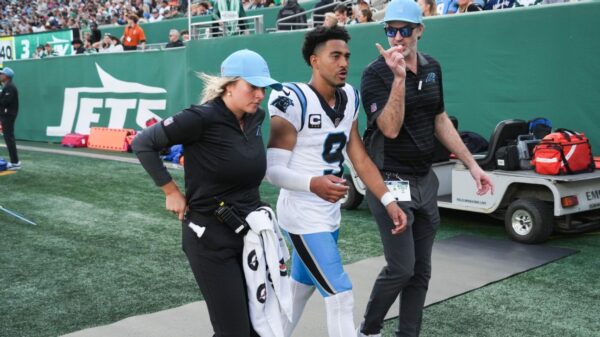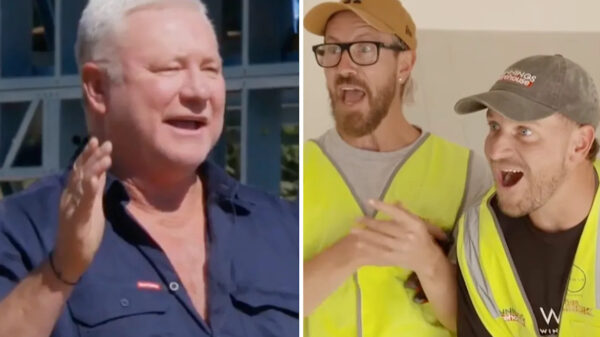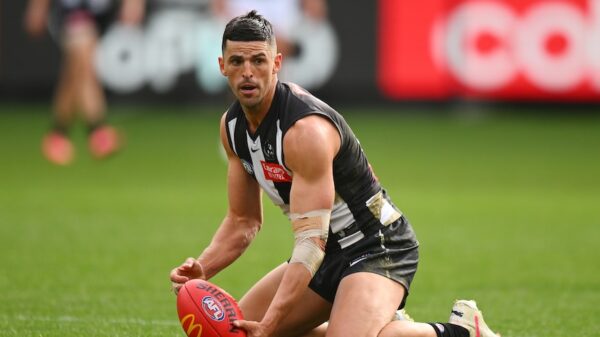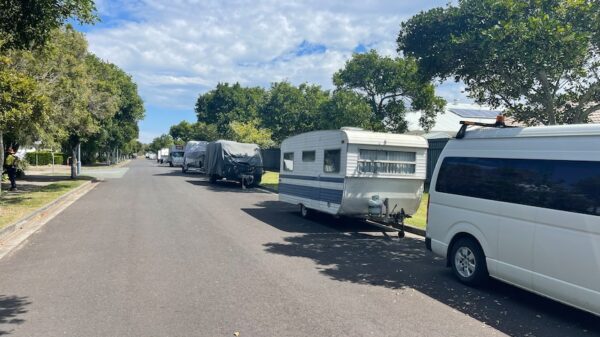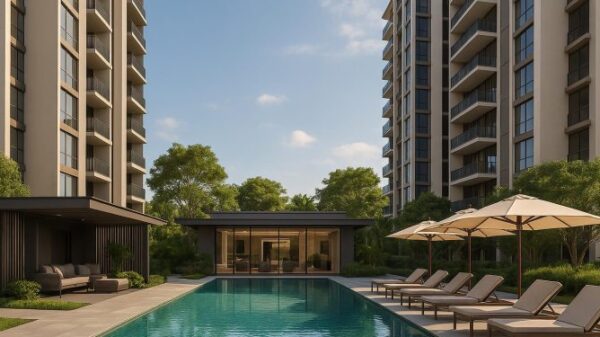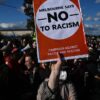Chinese auto manufacturer BYD has adjusted its strategy in Australia, focusing more on plug-in hybrid electric vehicles (PHEVs) as demand for these models grows. While initially launched as an all-electric vehicle brand, BYD’s sales split between PHEVs and fully electric vehicles (EVs) is currently around 60:40. This shift is largely attributed to the success of the Shark 6 dual-cab PHEV ute.
Speaking to CarExpert, BYD Australia Chief Operating Officer Stephen Collins noted, “If you take the holistic business, the last number I saw was about 60 percent plug-in hybrid, but a lot of that this year has been driven by [the] Shark.” He highlighted that the Sealion 7, a mid-size electric SUV, has also performed strongly in the market over the last few months, particularly with novated leasing options.
The evolving market conditions and sales mix are influencing BYD’s future product strategy, according to Chief Product Officer Sadid Hasan. He stated, “I think what we’ll see in the short-term is more of an emphasis in rolling out plug-in hybrids, but we’ll continue to add EVs along the way and we’ll be monitoring the entire market take-up.” This approach indicates a balanced development strategy that considers market demands.
New Product Launches Targeting PHEV Market
BYD’s commitment to PHEVs is evident in its upcoming product launches. Of the six new models scheduled for release between November 2023 and early 2026, four will be PHEVs. These include two BYD-branded SUVs, the Sealion 5 and Sealion 8, as well as two larger off-road SUVs under the upcoming Denza brand, the B5 and B8. This expansion aims to establish BYD further within the diverse Australian automotive market.
In addition to the PHEVs, BYD plans to introduce the Atto 1 electric hatchback and the Atto 2 small electric SUV within the next month, offering consumers a wider range of options.
BYD has made significant strides in the Australian market, ranking sixth overall in sales for August and September 2023 with 5,084 registrations, a remarkable increase of 178.4 percent compared to the previous year. Year-to-date, the company is positioned eighth with a growth rate of 149.8 percent.
The Shark 6 remains BYD’s top-selling model for 2025, achieving 14,111 deliveries as of September. Following closely is the Sealion 7, which has recorded 8,483 units sold this year. Both models have been competing intensely with the popular Tesla Model Y for dominance in the EV segment.
Aiming for the Top Tier of the Market
As BYD continues to gain traction, it has set ambitious goals for the coming years. The company aims to become one of the top three automotive brands in Australia by the end of 2026, outpacing established competitors such as Kia, Mazda, and Hyundai. This growth plan includes surpassing other Chinese brands like GWM, MG, and Chery, as BYD transitions from being a newcomer to a more mainstream player in the automotive landscape.
The ongoing developments at BYD signal a concerted effort to adapt to shifting consumer preferences while maintaining a robust lineup of both PHEVs and electric vehicles. As the market landscape evolves, BYD is poised to make a lasting impact on the Australian automotive industry.






